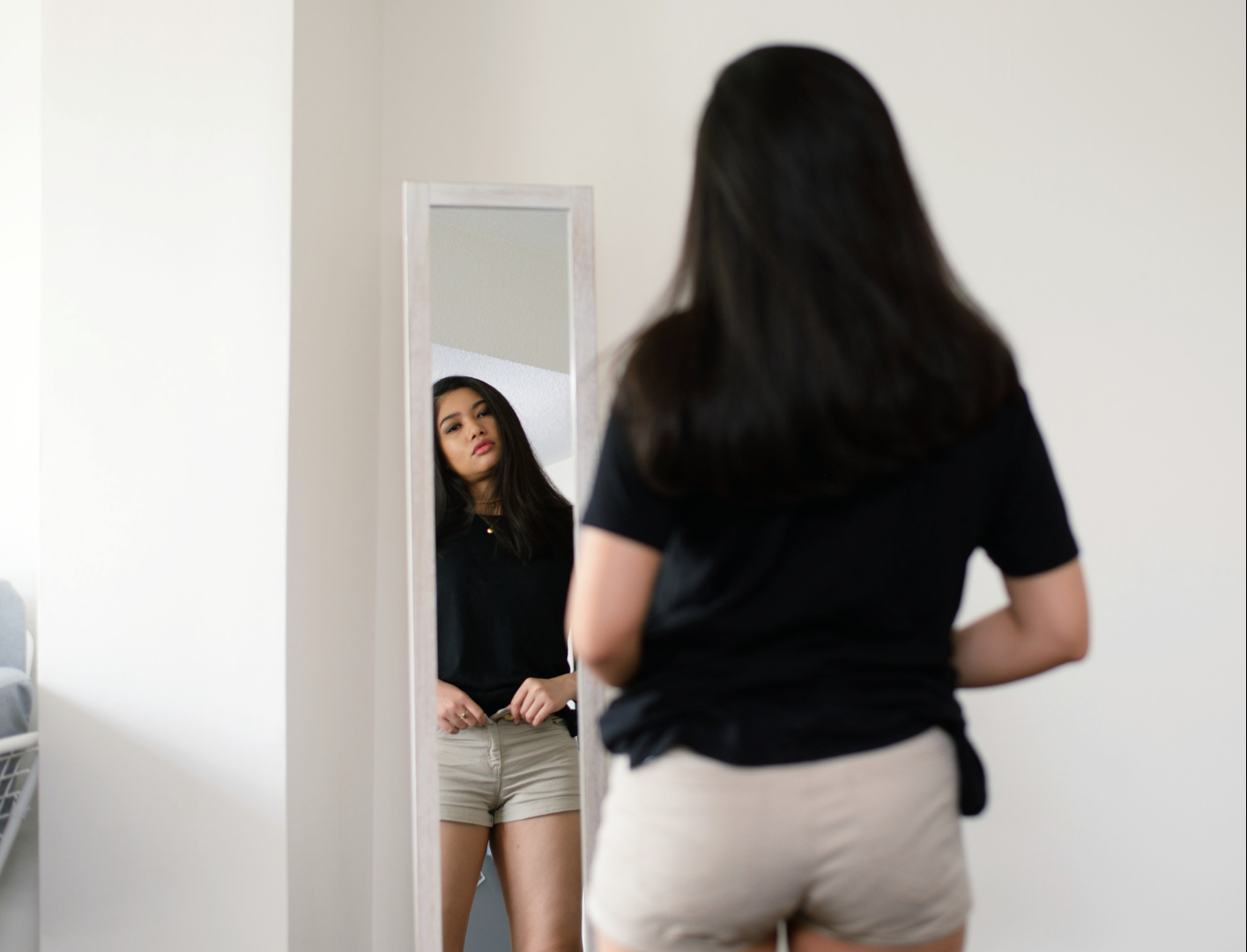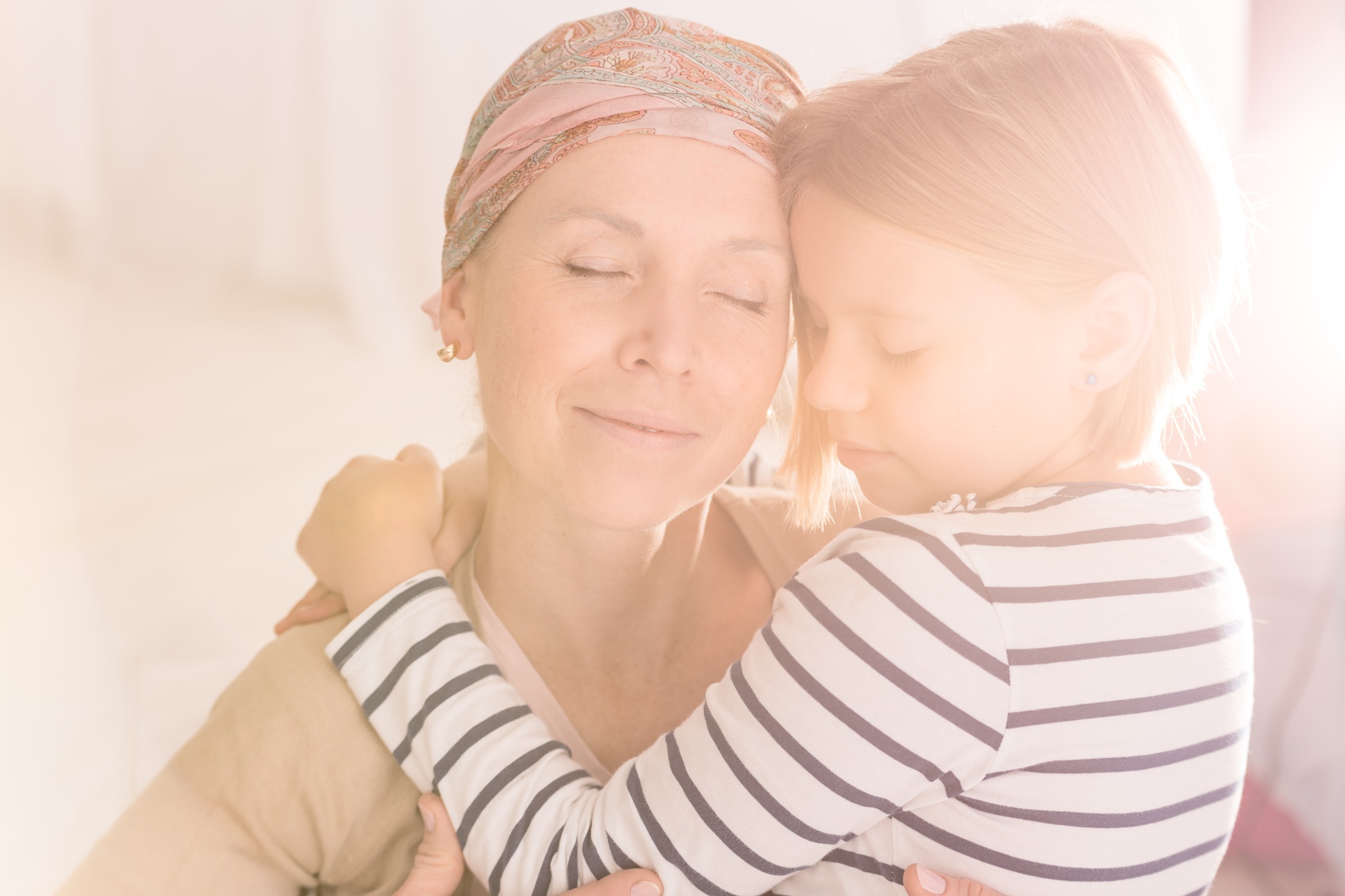What Is Reframing and Why Use It in Conflict
‘…reframing is the process of changing the way a thought is presented so that it maintains its fundamental meaning but […]
Read complete blog >>
Cultivating a positive body image in today's world is a challenge. We are constantly bombarded with images and articles that suggest what our bodies are supposed to look like. How to change our shape and size seems to be the main topic on social media, in magazines and blogs. Both women and men receive these messages. We are told that there is a certain body and shape we need to be in order to look beautiful and to be satisfied with our own body.
There is an expectation that if we don’t have that look, we should work for it by dieting and extreme exercising. We aren't encouraged to celebrate our bodies as they are. We don't learn to appreciate the role that our bodies play to enable our conscious experience. Instead, we are pushed to seek a body standard that was established without any considerations to the needs and biological wiring of the body. We are even encouraged to undergo surgeries to achieve that standard even if it is against our biological nature. We are at a point where we believe that our bodies are a reflection of who we are rather than a vehicle that allows us to experience our consciousness.
Body image is what you believe your appearance looks like. It is also includes how you feel about your own body and sense of control over it as you move. It is also about how you feel in your body.
The importance of body image is that it affects how you treat yourself and your body. If you have a negative body image, you are likely to feel ashamed and self-conscious. You believe that the shape and size of your body is a reflection of your character. You may have a sense of failure if you don't have control over your body.
In the global culture, it is widely assumed that anyone who is overweight lacks self-discipline and control over their impulses. This notion, like many others surrounding our bodies, is far from true. Your body weight and shape is genetically predetermined. It is called the “genetic set point.” This set point can malfunction because of, for example, unhealthy habits such as low physical activity, or because of high stress levels.
Cultural values and beliefs affect our body image. In Eastern cultures, for example, it is normalized for extended family members and friends to make comments about your appearance. As a result, you may learn that unconditional acceptance and love is directly correlated with your appearance.
In many Arab countries today, teenage girls are undergoing surgeries to improve their appearance. We watch models like Bella Hadid reveal that she had a nose job at the age of 14. When we normalize plastic surgery, our belief system begins to change. We start to believe that our value is correlated with our appearance. We fail to recognize that our appearance is the only piece of our growth journey that we have no control over.
In order to have a positive body image you need to develop healthy attitudes and habits about your body.
Articles on www.hoopfull.com may feature advice and are for informational purposes only. It is not intended to be a substitute for medical advice, diagnosis or treatment from a trained professional. In an emergency, please seek help from your local medical or law enforcement services.
Keep up to date with the Hoopfull community.

‘…reframing is the process of changing the way a thought is presented so that it maintains its fundamental meaning but […]
Read complete blog >>
The conscious and the unconscious mind The conscious and unconscious are terms used in psychology to describe different layers of […]
Read complete blog >>
Parenting is hard. Parenting with unresolved childhood trauma is extremely difficult. As parents, we must make sure that we have […]
Read complete blog >>